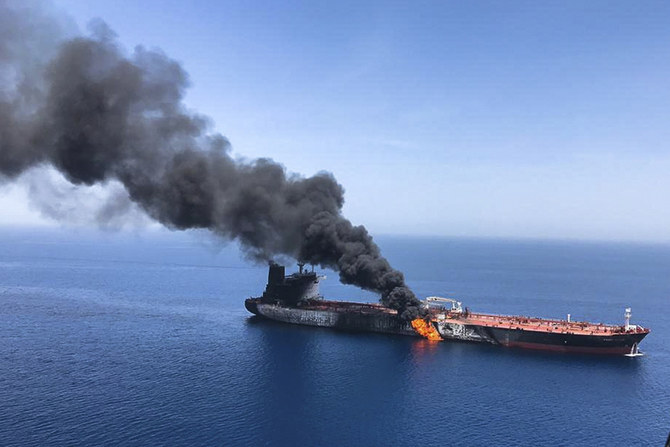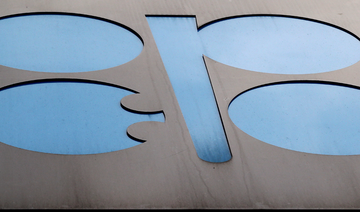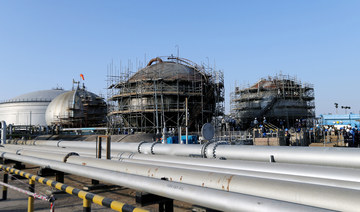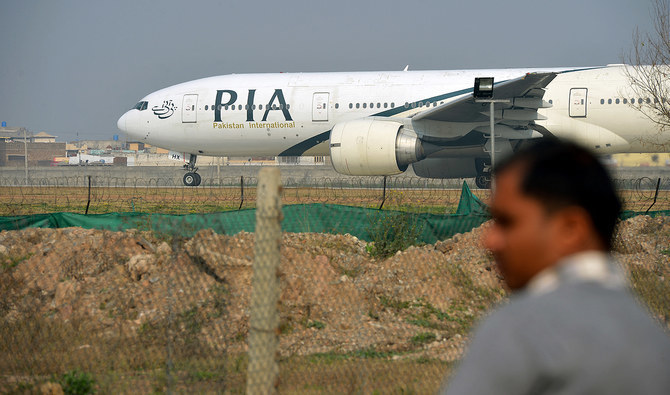Brent crude trended lower to $59.42 per barrel, while WTI also retreated to $53.78 per barrel.
Weak economic data from China added to concerns about the US-Chinese trade relationship.
However, the big news of the week came from the shipping sector as tanker rates rocketed which contributed to lower US crude oil exports and surging inventories in the country for the fifth consecutive week.
The US Energy Information Administration (EIA) reported a 9.3 million barrel gain in US crude inventories for the week ended Oct. 11, which was much higher than the market expected.
Even with heavy discounts applied to US shipments, producers struggled to sell their oil because of rising tanker charter costs.
Rates for chartering a supertanker from the US Gulf Coast to Singapore were reported to have hit record highs of more than $17 million and a record $22 million to China.
This trend is also likely to be reflected in US export data for October. Adding to shipping pressures is the fact that some ships are being taken out of service to fit sulfur-reducing scrubbers ahead of the International Maritime Organization (IMO) environmental rules that are set to take effect in January 2020.
It is noteworthy that US producers export most of their oil on a cost and freight (CFR) basis where the seller is required to arrange for the carriage of oil to the final destination port.
The expected drop in US crude oil exports as a result of spiking tanker rates shows a serious financial fragility in the US crude oil export system.
Although shipping rates for very large crude carriers hit refinery margins, saddling additional premium shipping cost on the refiners, the physical market for oil strengthened further, and trading in Arabian Gulf sour crude grades continued to pick up.
Now the US will be hoping that higher tanker rates will reduce demand for very large crude carriers, which could ease tanker rates.
However, until then, US shale producers will likely pay more to have their oil shipped to longer-haul destinations such as the Asian market.






















